Let me tell you a quick story about your immune system. Picture it as a superhero squad—except sometimes the bad guys (like cancer cells) wear disguises. But here’s the kicker: The FDA recently approved a new player in the game that helps your heroes recognize those sneaky villains. This player? Monjuvi—no capes, just science.
Okay, real talk. If you’ve been through the wringer with relapsed or refractory follicular lymphoma, this news might feel like a flashlight in a dark tunnel. But—and let’s not sugarcoat it—none of this stuff comes without trade-offs. Think of this article as your chat with a friend who’s done the research… and maybe Googled too much at 2 AM. Let’s break it down.
Why Monjuvi’s FDA Approval Matters Now
What’s the Big Deal About Monjuvi (Tafasitamab-cxix)?
So, Monjuvi isn’t brand new. In 2020, the FDA approved it for a more aggressive lymphoma called diffuse large B-cell lymphoma (DLBCL). Fast-forward to June 18, 2025, and here we are: it’s now cleared to fight follicular lymphoma. That might not sound life-changing, but don’t snooze yet. Follicular lymphoma? It’s sneaky. It comes back, resists treatments, and plays the long game. For patients jaded by chemo or other therapies, Monjuvi+ rituximab + lenalidomide could be a smoother path.
Can You Rely on the inMIND Trial Results?
Short answer: yes, but let’s unpack it. The Phase 3 inMIND trial? The star of this show. It showed patients on this combo lived a median of 22.4 months without their disease worsening. That’s almost double what’s been standard. But trials aren’t perfect mirrors of real life. Side effects? They’re real too. We’ll get there—promise—but first, this therapy is a chemotherapy-free immunotherapy option. If you’ve ever sat through a brutal IV drip, that’s a big win.
Let’s Keep It Real: Side Effects & Safety Concerns
Monjuvi’s Sidekick Infections—What You Need to Watch For
Here’s where my inner friendalaenses. Monjuvi’s combo comes with a 24% serious infection rate in trials. Translation? About 1 in 4 patients got hit hard with pneumonia or even opportunistic infections like… wait for it… COVID-19. (Hey, it’s no secret pandemics are still lurking in the wings.) For older adults or those with weakened immune systems? This isn’t something to shrug off. Your medical team needs to keep a close eye—kinda like a babysitter, but for your white blood cells.
The Adverse Reaction Roundup: Renal Issues & Other Curveballs
No drug’s perfect, but let’s not dance around it. Some folks on Monjuvi dealt with renal insufficiency (translation: kidney trouble), second cancers (yikes), or febrile neutropenia (think: low white blood cells + fever). And there were fatalities… though they’re studying the “why” of those. If you’re wondering, “Is my body going to mutiny?” you’re not alone. We’ve all been there.
Side Effect Showdown: Monjuvi vs. Other Relapsed Lymphoma Drugs
| Treatment | Infection Risk | Common Side Effects | Infusion/ADmin Time |
|---|---|---|---|
| Monjuvi + rituximab + lenalidomide | 24% serious | Tiredness, neutropenia, bleeding | IV initial doses, then oral lenalidomide |
| Zanubrutinib + obinutuzumab (VenRF) | Lower risk | Diarrhea, muscle pain, infections | Daily pills + IV rituximab |
| Polatuzumab vedotin (Polivy®) | Pneumonia (~10%) | Low blood counts, nerve damage | IV once every 3 weeks |
This table’s like comparing your friend’s gym routine vs. yours. (Side note: If your routine leaves you bedridden… maybe rethink it?) Work with your team to analyze risks fit your situation (source: Incyte).
The Bigger Picture: Monjuvi in the Lymphoma Fight
Monjuvi + the Shift to Immunotherapy in Follicular Lymphoma
Honestly, chemo’s had its moment. Immunotherapy? It’s like giving your immune system a megaphone to yell, “Hey! Here’s another cancer cell!” But Monjuvi isn’t alone in the spotlight. Therapies like AbbVie’s venetoclax combos or Roche’s polatuzumab vedotin are nipping at its heels. And CAR-T? Well, that’s another beast—hyped, expensive, and not super practical for everyone yet. Monjuvi’s no slouch in a crowd, though. It’s got a recipe your bones might prefer: no stem cell transplants, no mystery black-box warnings… just careful monitoring.
Not All Lymphomas Are Equal: Why Monjuvi Won’t Help Marginal Zone Patients
Important: This approval is specific to follicular lymphoma. If you’re solo-flying (or facing) marginal zone lymphoma, the FDA says, “Nah—stick to clinical trials for now.” Words like “off-label” might get whispered, but here’s the hot take: trust the red flags. Random internet advice can lure you down a rabbithole when you’re desperate. Let’s keep it balanced—focus on what’s proven and FDA-backed (source: FDA & JADPRO).
Real People, Real Stories: Let’s Connect
Sarah’s 8-Month Monjuvi Journey: Progress Without Panic
Sarah (not her real name, but her truth’s real) started Monjuvi in September 2024. She’d tried chemo twice. Three drugs in. Nothing worked. Life felt like whack-a-mole. Then? Her oncologist pivoted to this trio. Eight months later? Her scans are calmer and her fatigue? Not gone, but livable. Ears perked: Her kidney numbers needed extra watch, but no alarms were triggered. Her dice roll was lucky—yours might not be. Still, hope counts too. Every win stitches another piece of strength together.
Your Turn to Speak: Do You Feel Heard by the Medical System?
Let’s keep it 100: Feeling overlooked? We’ve all been there. Ask your folks about newer options—it’s 2025!—and don’t let stacks of old pamphlets box you in. “But… what if it’s too fragile?” we wonder. Realness check: Ask the tough questions. Monjuvi was accelerated-approved partly because innovation matters (source: Lymphoma Research Foundation). But you can’t outrun biology. Striking that balance? That’s grown-up patient stuff.
The Fine Print: What “Accelerated Approval” Really Means
The FDA’s “But-We’re-Still-Watching” Clause
Accelerated approval… sounds like someone’s excited but waving a yellow flag. Let’s get into it. Monjuvi got the nod because of tumor shrinkage and progression-free survival. But here’s the twist: No one’s nailed overall survival yet. (Meaning: Do folks live longer? Not proven—not yet.) So while it works like a charm, the FDA’s like a cautious parent: “Cool, but track it long-term.” This isn’t a backhanded compliment either. A lot of today’s cancer drugs rely on strong but evolving data. Keep your eyes open.
The Cost Conundrum: $$$ vs. 22.4 Months
Another thing we should whisper about: money. New drugs often mean high prices. This combo isn’t immune to market pressures (source: AInvest). You might see subsidies or help programs, but yeah—it’s a conversation-stopper sometimes. Let’s say it plain: don’t let sticker shock mislead you. Some insurers are catching up. Your provider probably has team members who fight these battles for you.
Should Monjuvi Be on Your Radar Right Now?
Monjuvi approval is real. It’s here. But help us unpack this: Are you looking for more time or less stress? This combo leans toward balancing both—but alerts included. On one hand, it’s not a “miracle”… but who wears a cape in the clinic anyway?
If you’re going, “Hold up… how long can you actually take Monjuvi?” Turns out it’s not a sprint—it’s a marathon. Follicular lymphoma loves playing hide-and-seek, so treatment may last as long as you and your docs agree it’s working. Could be a year, maybe more. Could be 3 months. That’s where partnership with your team shines.
The Question You Should Ask First
Yeah, here’s what I’d throw at your doctor: “Does this combo with Monjuvi suit my overall health—not just my disease?” Some choose CAR-T, some want minimum-handcuffs drug therapy. We all map survival differently.
Final Thoughts: Big Picture
Okay, let’s close this loop. Monjuvi’s 2025 approval? It’s a huge step for follicular lymphoma treatment. It’s a therapy that rewires the immune system’s radar without chemo’s predictable eighty-billion liquids going into you.
But here’s the tea: Even if it buys you quiet stretches in scans, infections and renal issues demand daily presence. Because this chronic lymphoma? It’s marathoning. No auto-pilot.
Closing here’s not about wrapping up—it’s about turning the page. Maybe your journey will take you here. Maybe to polatuzumab (another option you’ve heard gossiped at support groups). Either way: You don’t outsource your decisions. You partner with the docs who get your story.
Had enough of dry medical jargon yet? Good. Leave the science packets to researchers and real talk to friends. Need a spoon? Let me dig up another study about hopeful PFS stats or swing back next week with another lymphoma update. Because friends? We’re in it for the long haul.

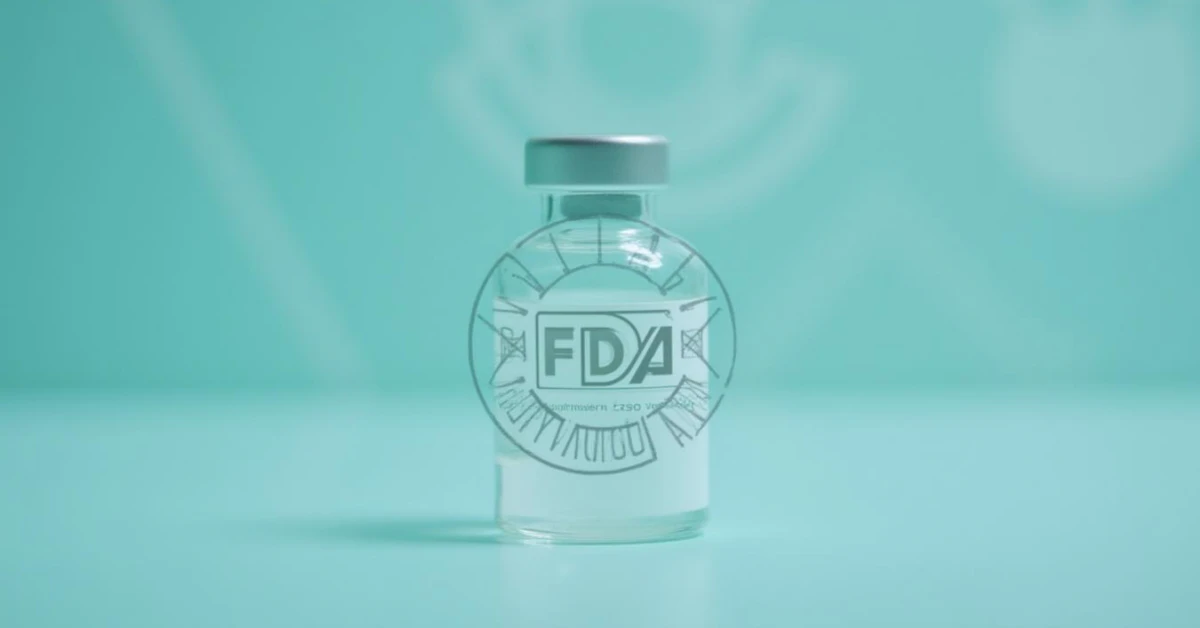
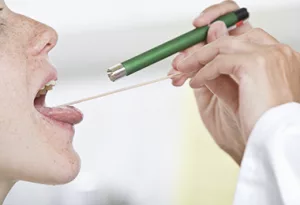


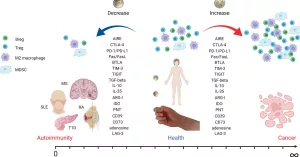


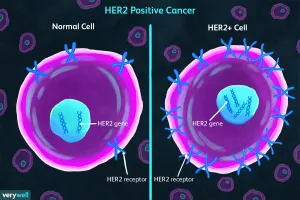
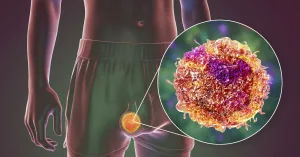









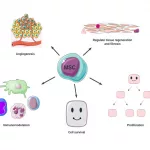





Leave a Reply
You must be logged in to post a comment.